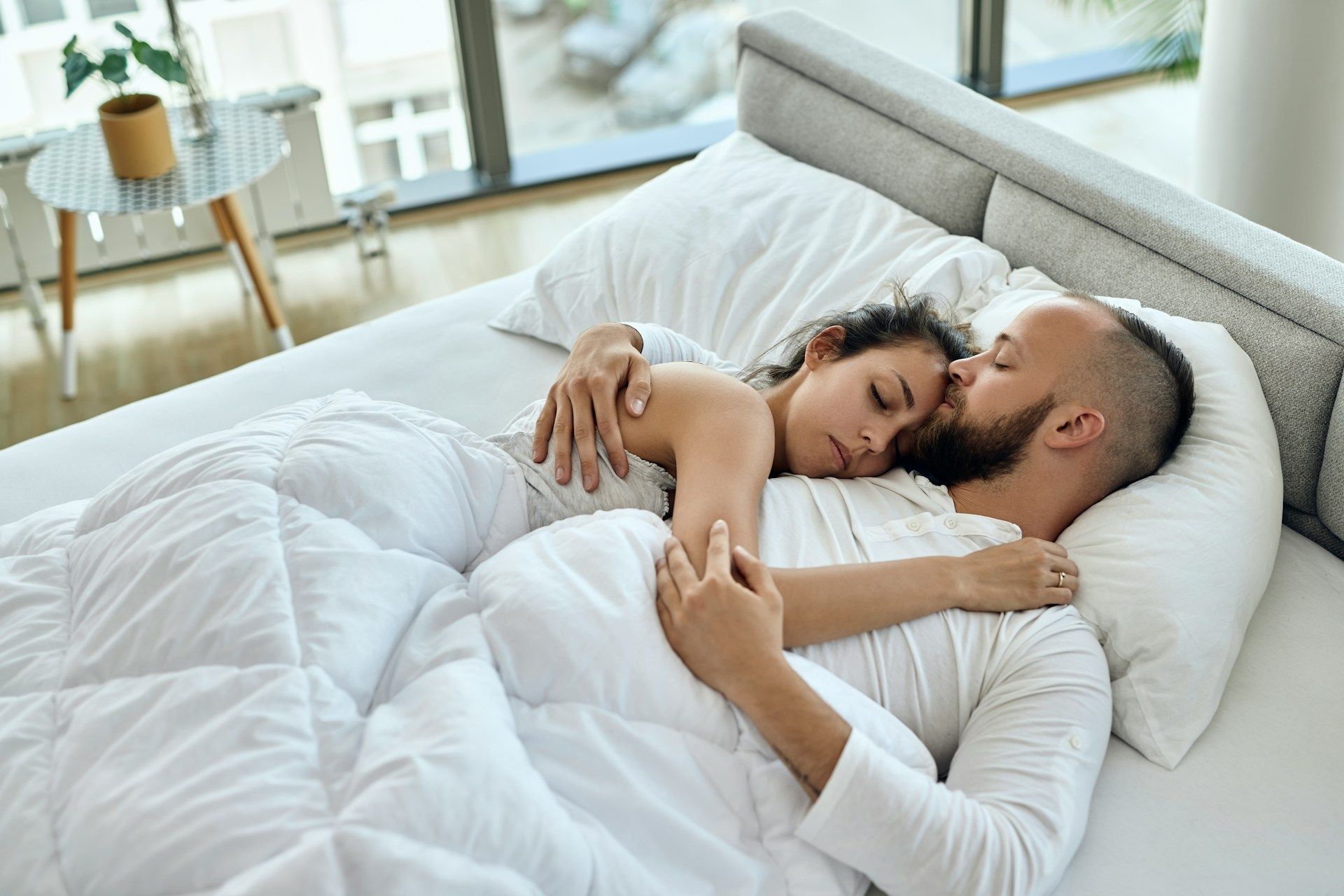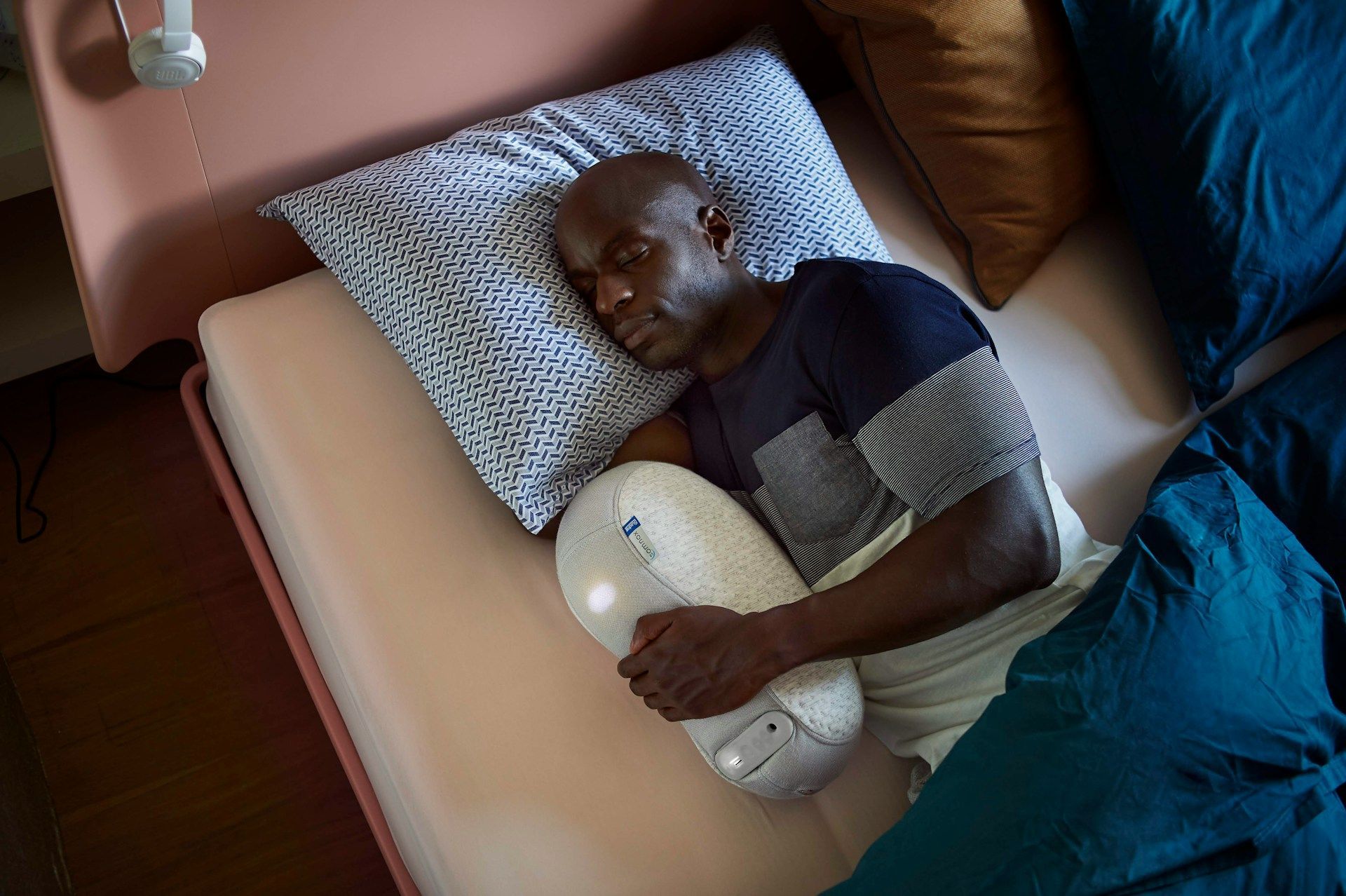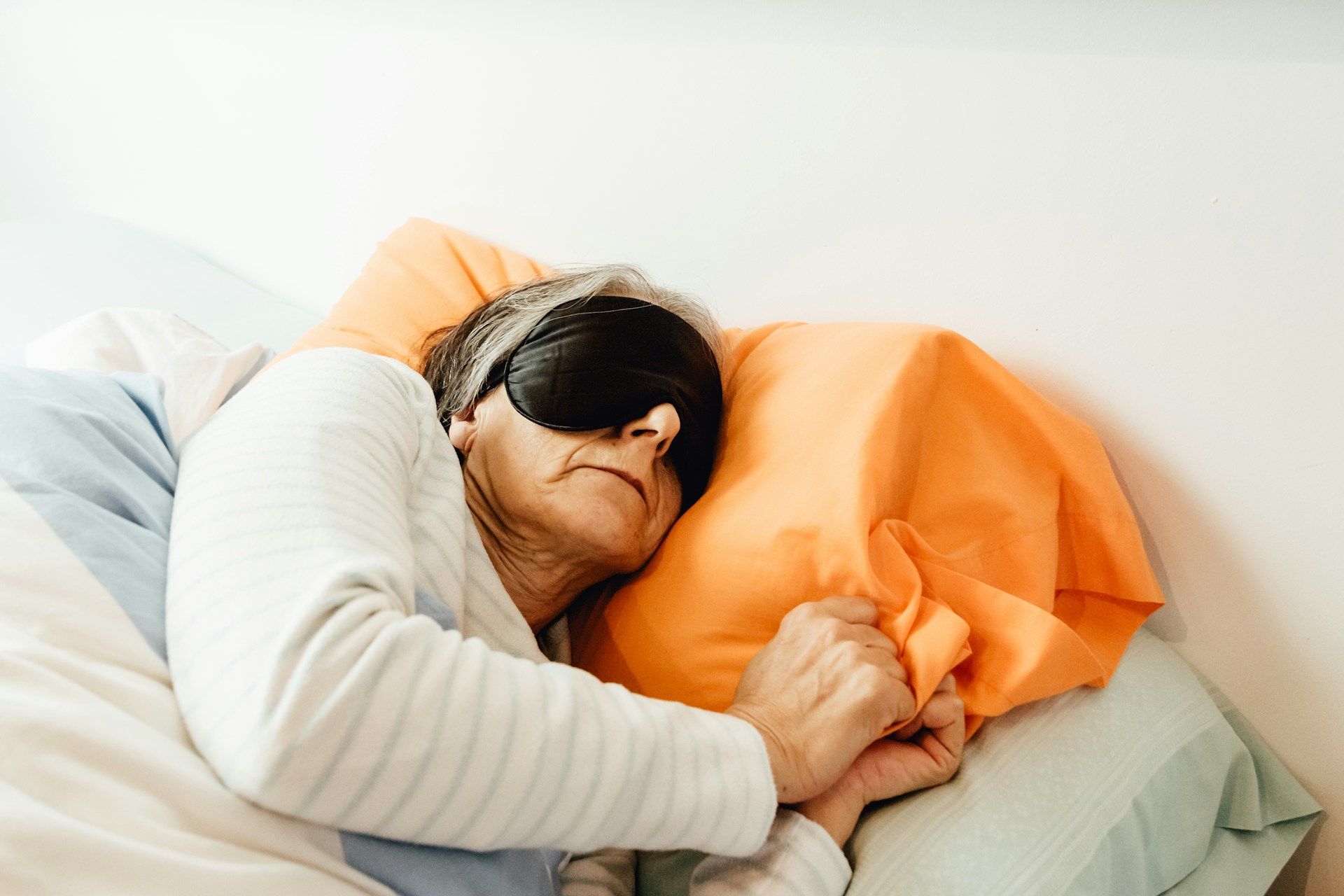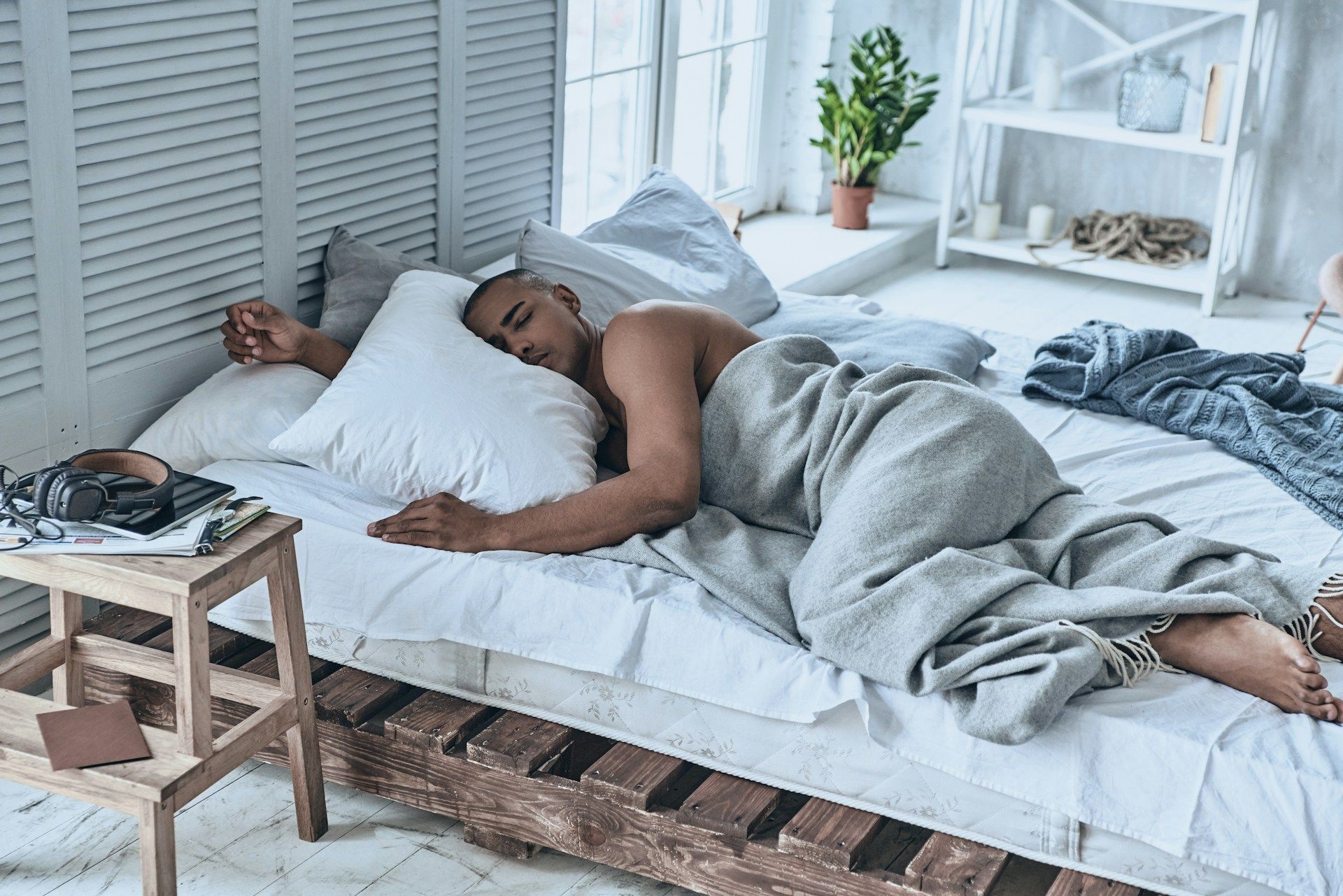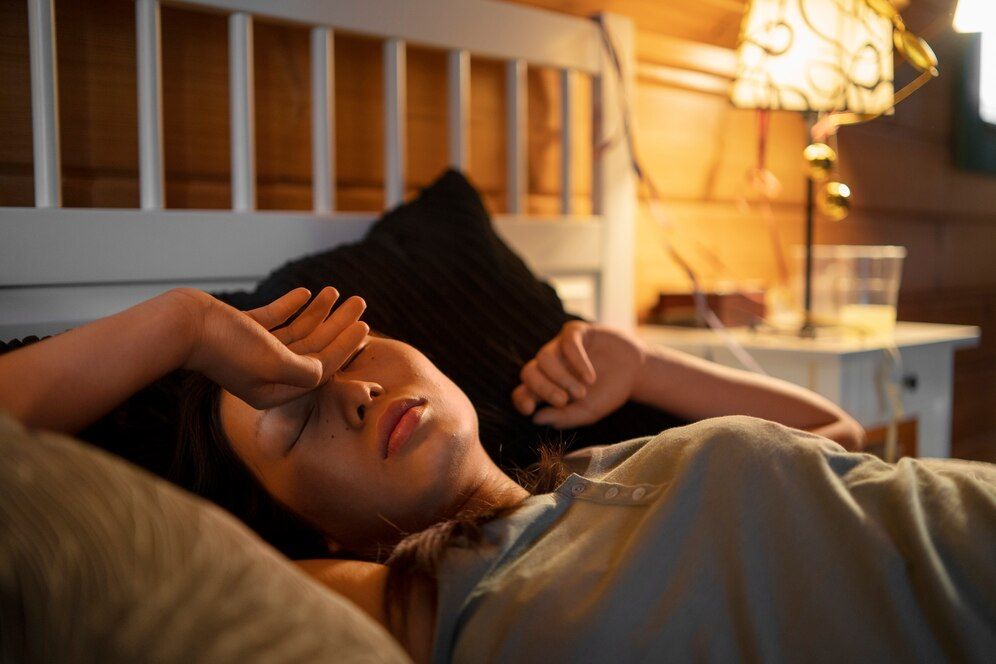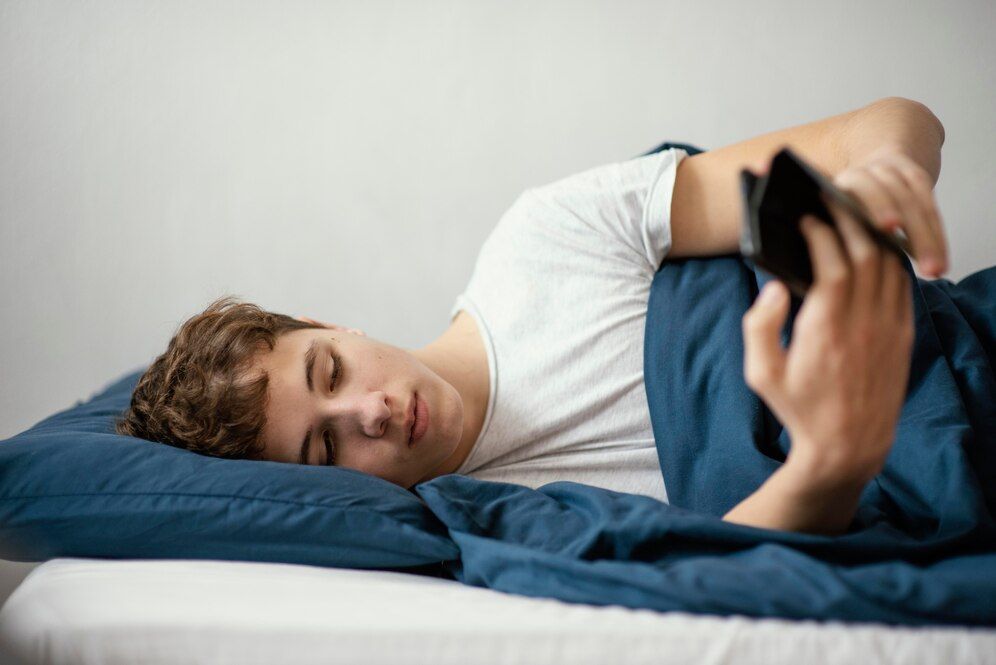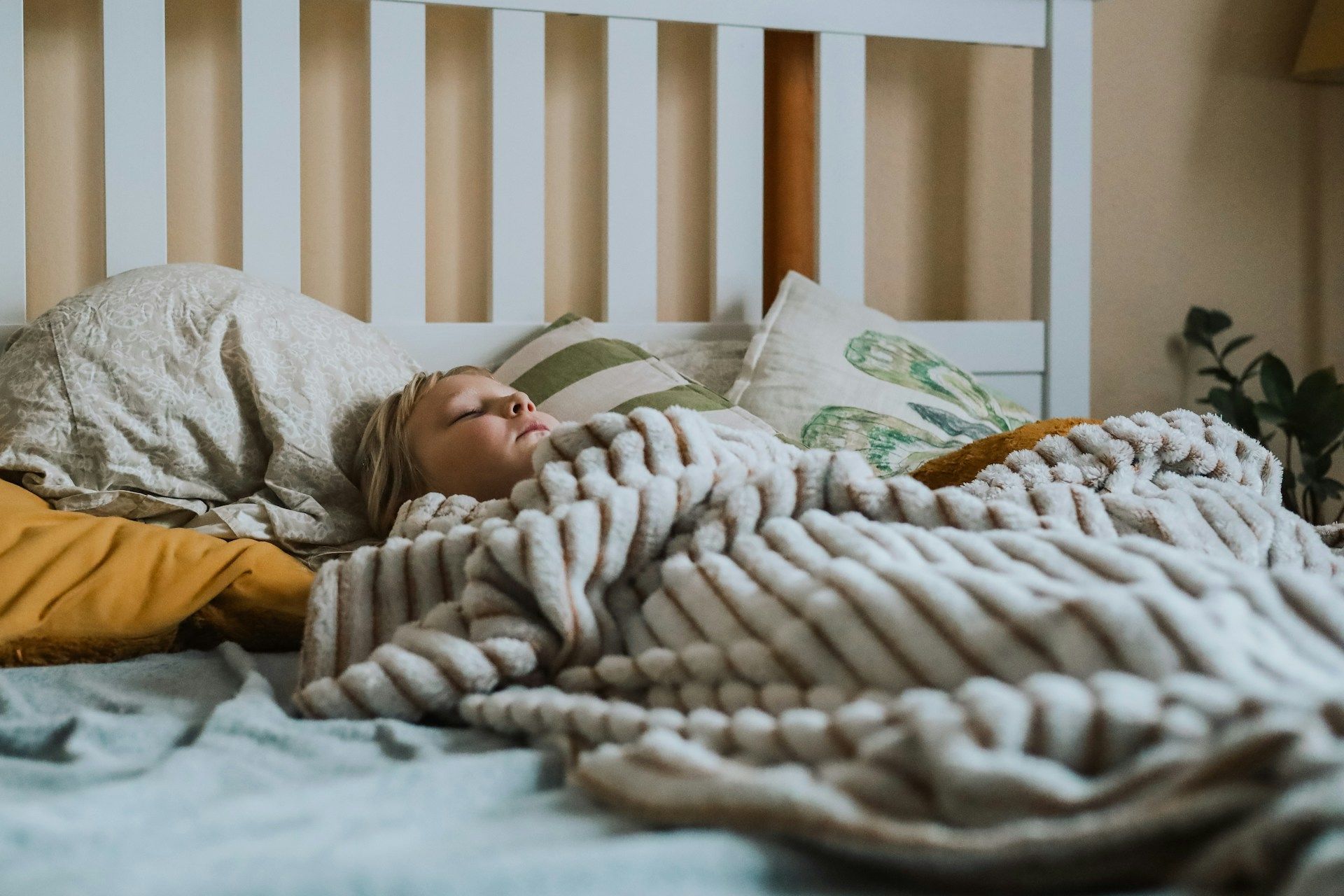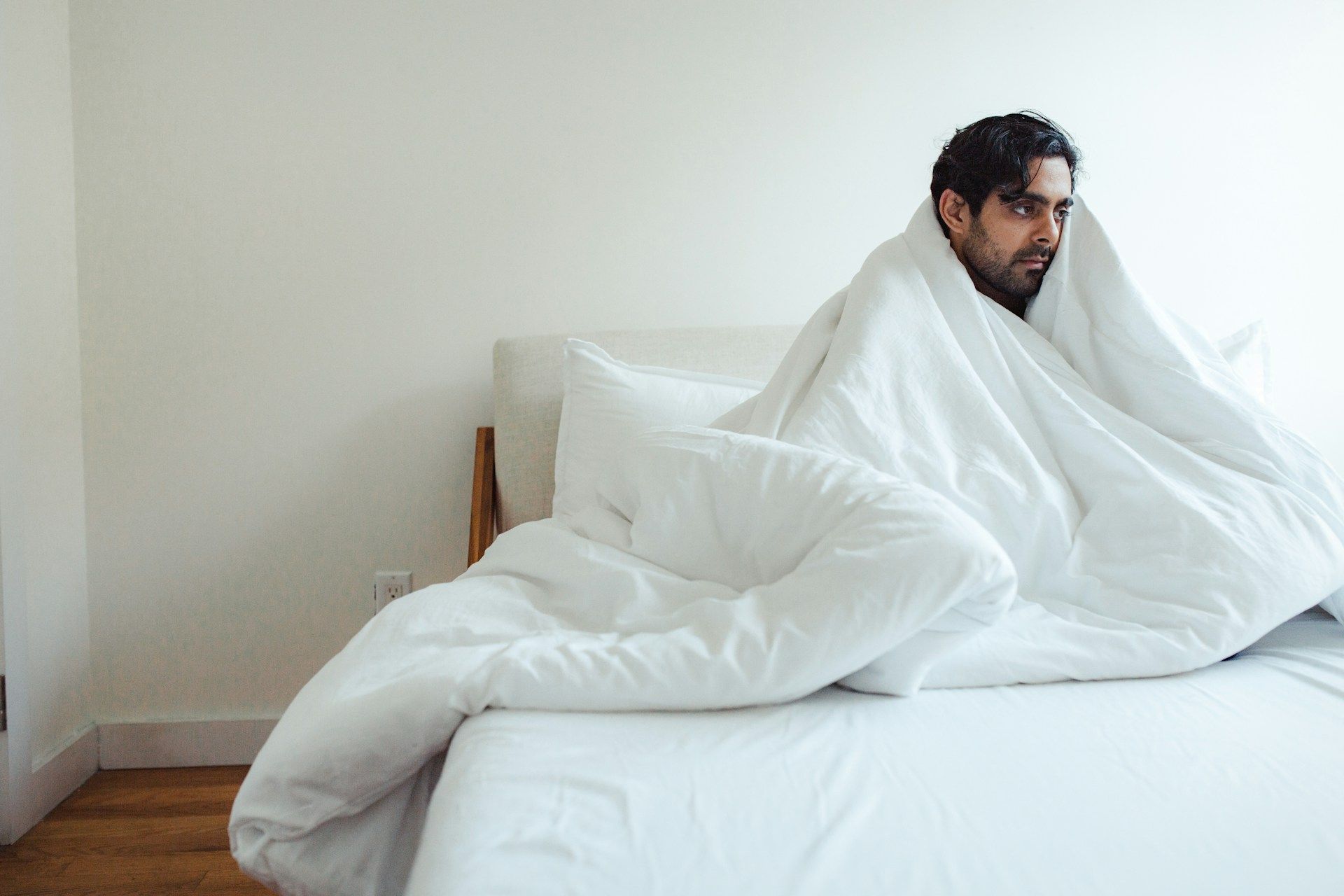Efficacy versus Effectiveness in the Treatment of Obstructive Sleep Apnea: CPAP and Oral Appliances
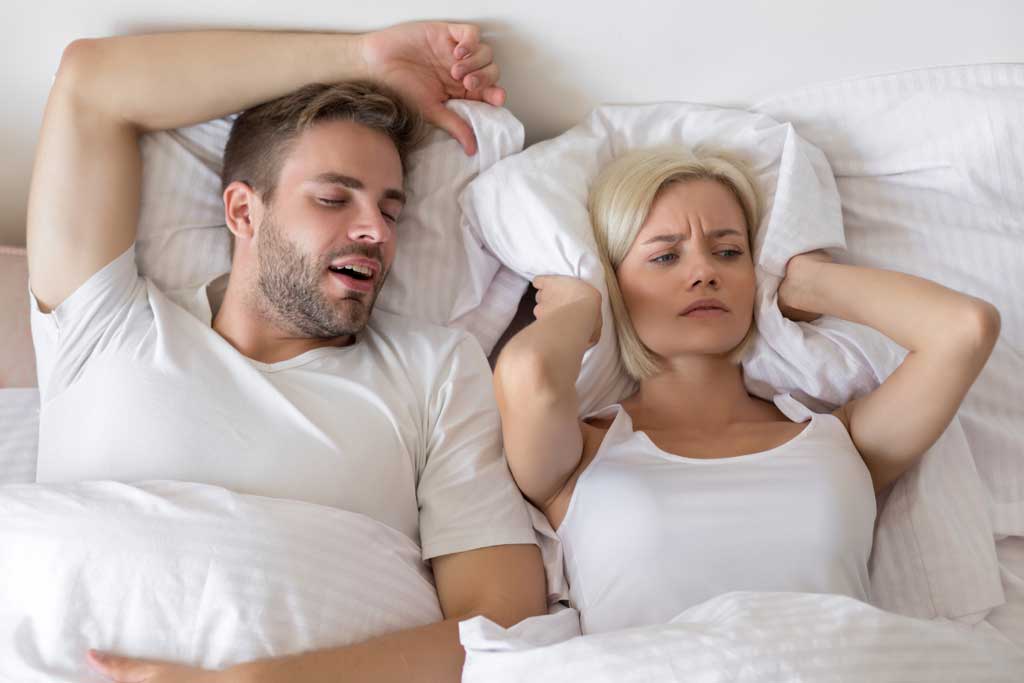
Although CPAP is considered more efficacious in bringing down the apnea hypopnea index, or AHI, randomized trials suggest similar improvements in health outcomes between the two treatment modalities. Health outcomes such as daytime sleepiness, quality of life, driving performance, and blood pressure seem to show similar improvement between CPAP and oral appliance therapy. Oral device for sleep apnea is a crowd favorite among our patients, come in and discuss Oral appliance for sleep apnea with our doctors at our office Sleep Advantage WA in Arlington, WA, we’ll explore if dental device for sleep apnea is right for you.
Excerpt from article:
ABSTRACT
Obstructive sleep apnea (OSA) is a chronic condition that requires long-term therapy to avoid health complications. Continuous positive airway pressure (CPAP) is the standard treatment, which is extremely effective but has well-known disadvantages, including low patient acceptance and adherence rates, which negates the anticipated health benefits. Oral appliances are the most common alternative device treatment. Oral appliances are frequently preferred by patients over CPAP therapy, with higher utilization rates.
However, unlike CPAP, oral appliance therapy suffers from inter-individual variability in efficacy, leaving patients with residual OSA. Despite differences in efficacy (reduction of the apnea-hypopnea index [AHI]) between CPAP and oral appliances, randomized trials suggest that both therapies enhance health outcomes such as drowsiness, quality of life, driving performance, and blood pressure. The fact that the two treatments had similar health outcomes shows that, while having differing efficacy and treatment utilization patterns, they have similar overall effectiveness. We evaluate efficacy versus effectiveness in the treatment of OSA with CPAP and oral appliances in this narrative review.
Sutherland, K., Phillips, C., and Cistulli, P.A. CPAP with oral appliances: efficacy versus effectiveness in the treatment of obstructive sleep apnea. 2(4):175–181 in Journal of Dental Sleep Medicine, 2015.

